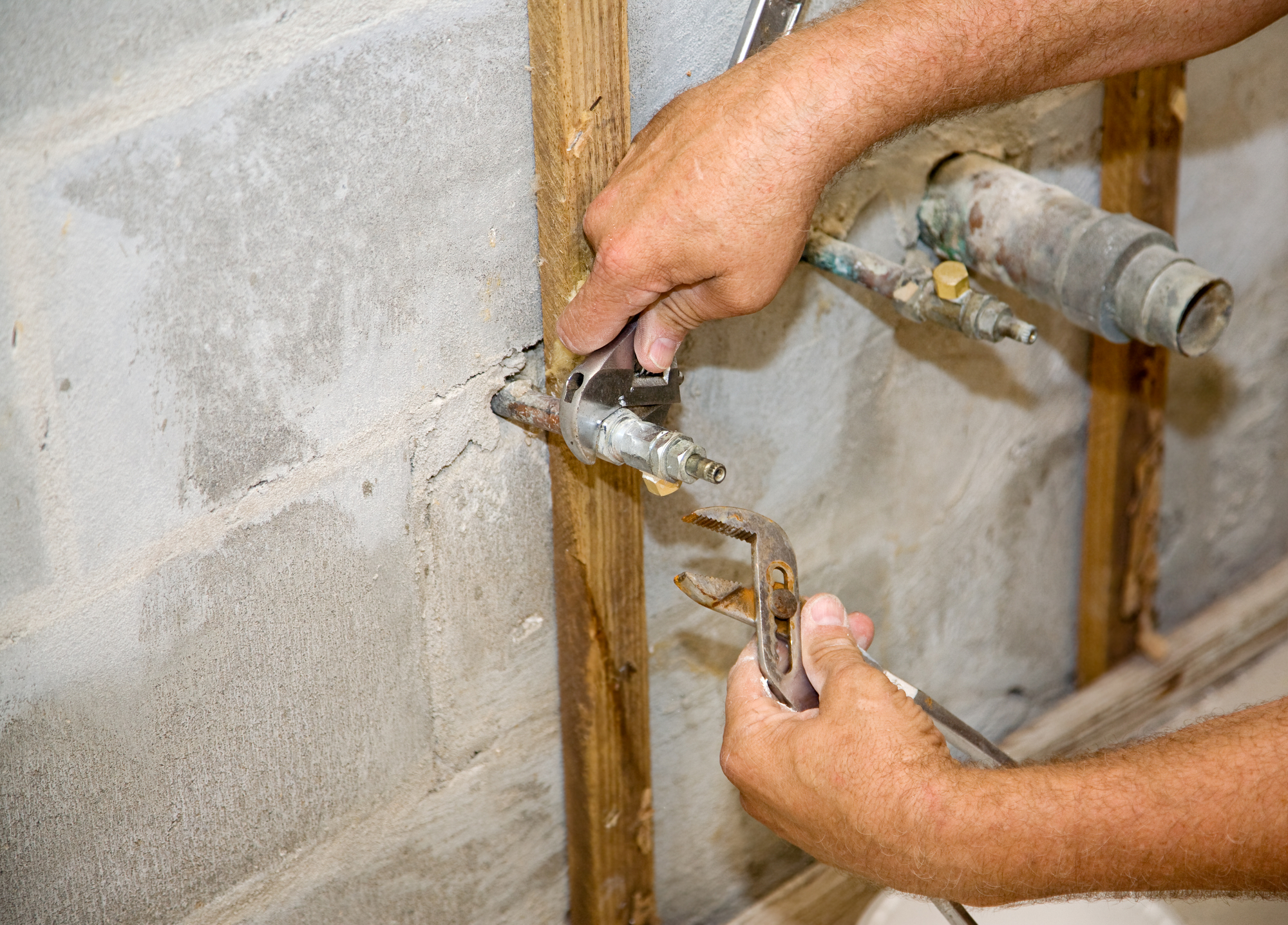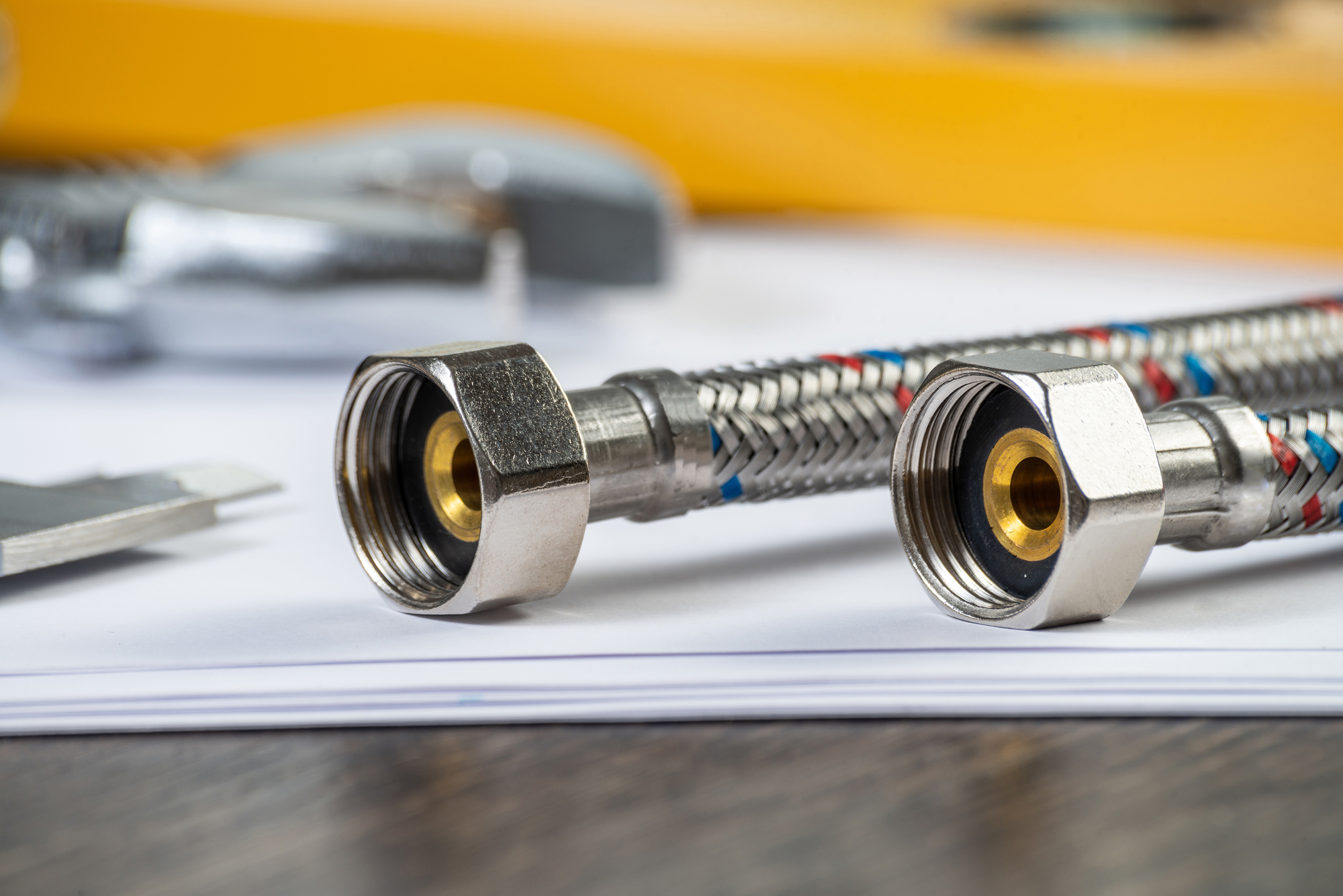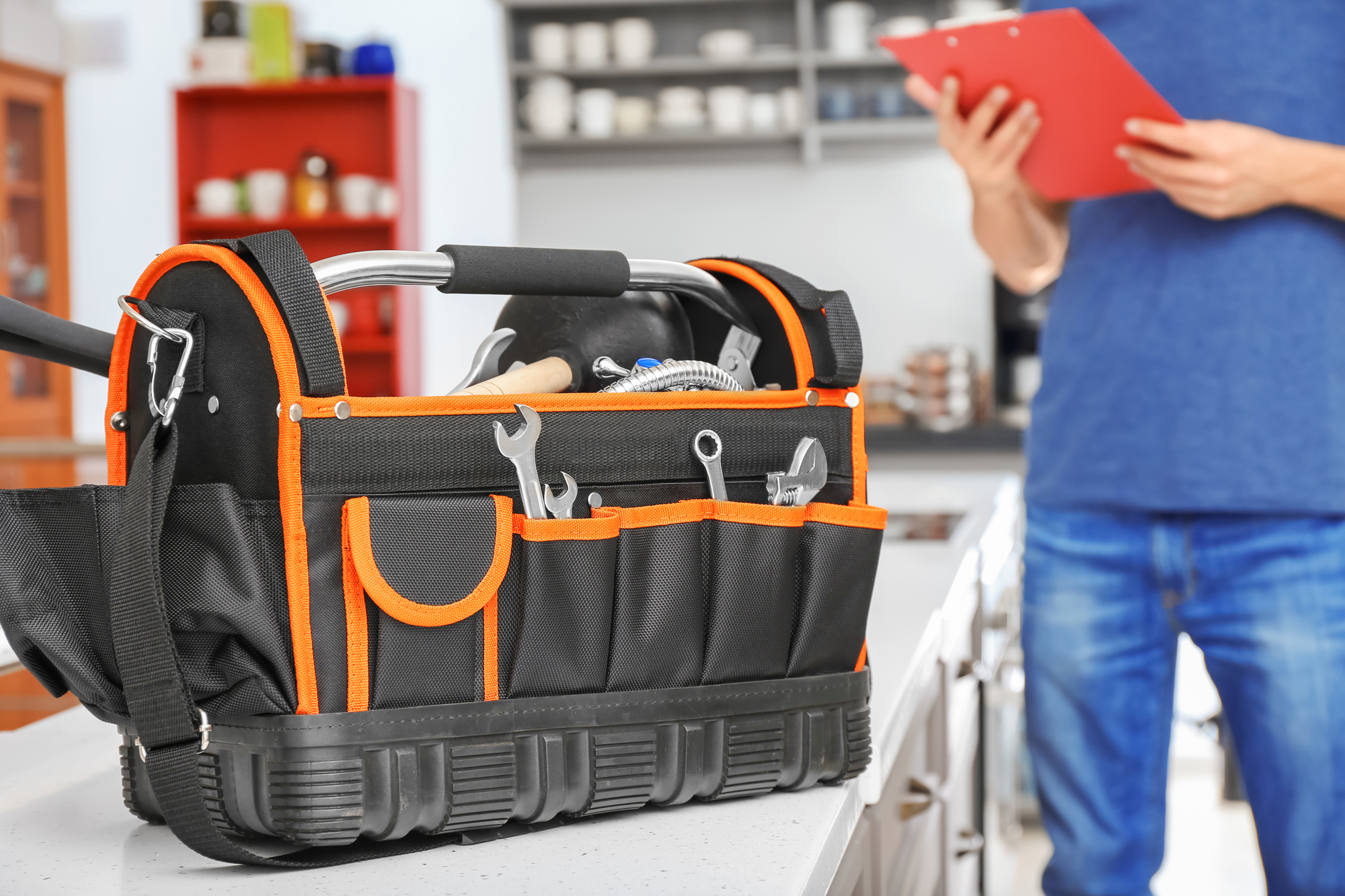Biomass boilers are growing in popularity as more and more people in the UK seek alternative energy sources to heat their homes. These boilers provide a renewable and eco-friendly heating solution that is also cost-effective. However, like any heating system, these boilers come with their own set of risks and hazards that users need to be aware of. That is why HETAS, the UK’s leading organisation for biomass and solid fuel heating, is urging users to follow top safety tips when using biomass boilers.
Before we dive into some top safety tips, let’s briefly explain what a biomass boiler is. A biomass boiler is a type of boiler that uses renewable and organic materials such as wood pellets, chips, and logs, as a source of fuel for heating water. The water is then used to heat a home or a commercial building. Biomass boilers are an eco-friendly alternative to traditional fossil fuel boilers, as they release significantly fewer greenhouse gas emissions.

Now, let’s take a look at some top safety tips that HETAS advises biomass boiler users to follow:
1. Hire a Qualified Installer
When it comes to installing a biomass boiler, it is essential to hire a qualified and certified installer. A qualified installer will ensure that the boiler is installed according to industry standards and regulations. This will not only ensure that the boiler operates safely, but it will also prevent any potential damage to your property.
2. Regular Maintenance and Servicing
Like any heating system, regular maintenance and servicing are crucial for biomass boilers. Regular maintenance will help ensure that the boiler functions efficiently and safely. It will also help detect and prevent any potential faults or issues before they cause any damage.
3. Use High-Quality Fuel
When using a biomass boiler, it is essential to use high-quality fuel. Poor-quality fuel can lead to combustion problems, which can cause fires or explosions. High-quality fuel also burns more efficiently, which results in lower emissions and better performance from the boiler.

4. Proper Ventilation
Biomass boilers require proper ventilation to operate safely and efficiently. Ventilation will help prevent the build-up of toxic gases such as carbon monoxide, which can be fatal. Proper ventilation also helps prevent moisture build-up in the room, which can cause damage to your property.
5. Follow the Manufacturer’s Instructions
It is essential to follow the manufacturer’s instructions when using a biomass boiler. The manufacturer’s instructions will provide specific guidance on the safe use and operation of the boiler. It will also detail any maintenance or repair requirements and how to perform them safely.
By following these top safety tips, biomass boiler users can help ensure that they are using their boilers safely and efficiently. It is also important to remember that the above tips are just a starting point and that biomass boilers require regular monitoring, maintenance, and care.
In conclusion, biomass boilers are an eco-friendly and cost-effective heating solution. However, like any heating system, they come with their own set of risks and hazards. It is essential for users to follow top safety tips and perform regular maintenance to ensure the safe and efficient operation of their boilers. If in doubt, always seek advice from a qualified installer or a certified HETAS engineer.






